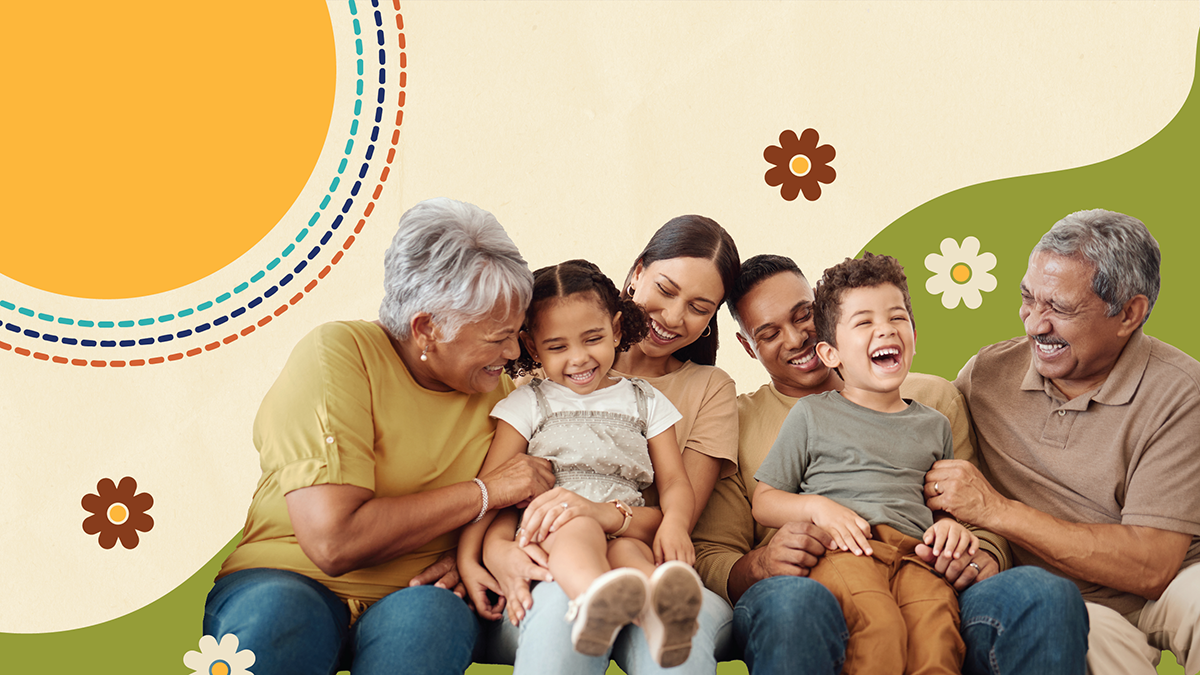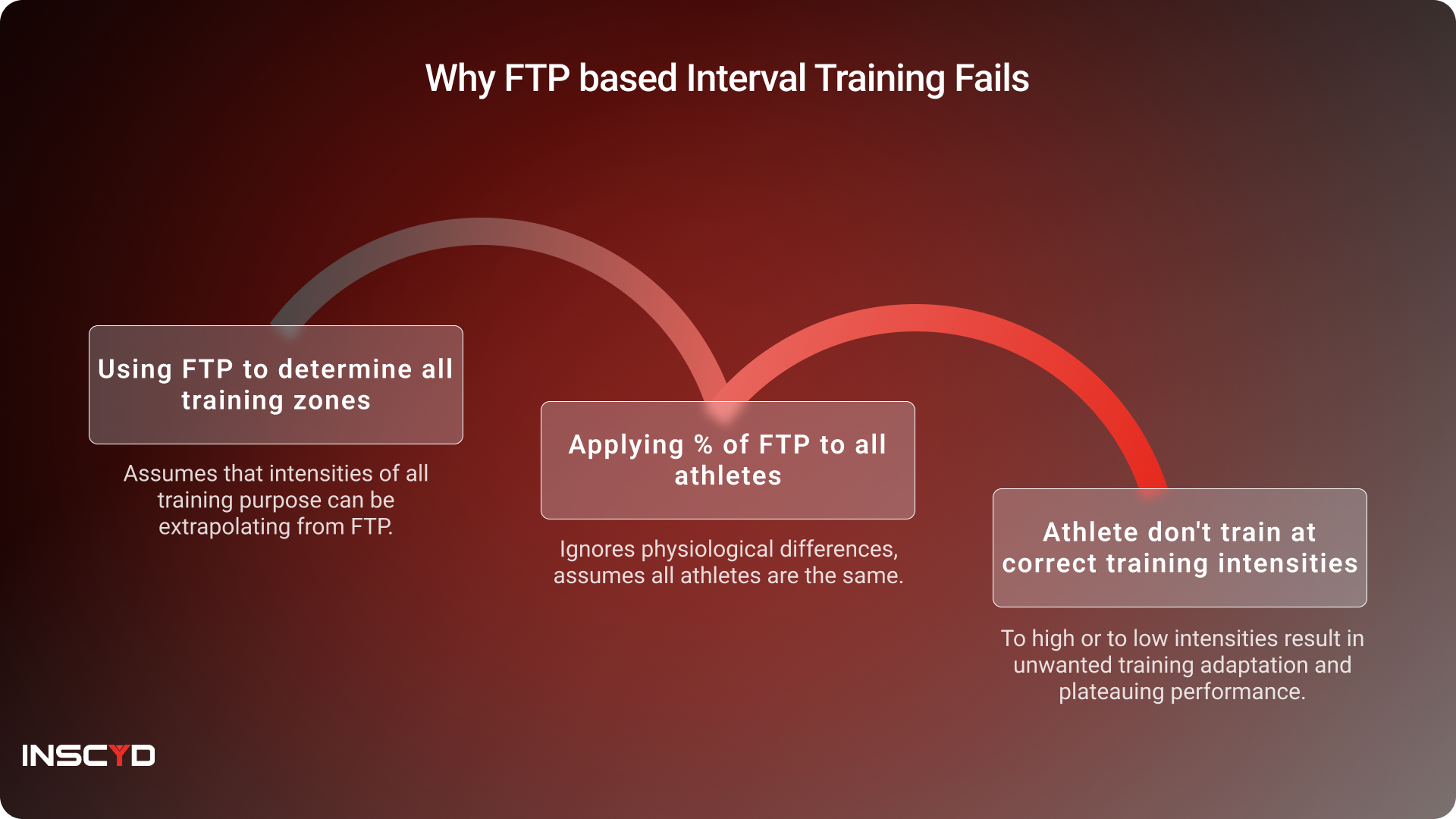The Psychological Impact of Simple Living: How Less Can Be More for Emotional Well-Being

Exploring the Essence of Simple Living
In a world bustling with consumerism and constant noise, the quest for emotional well-being leads many to reconsider their lifestyles. The idea that less can be more resonates profoundly when exploring the psychological benefits of simple living. By intentionally reducing life’s complexities, individuals often find clarity and inner peace.
Understanding Simple Living
What exactly does simple living entail? It’s not just about decluttering a physical space; it encompasses a holistic approach involving:
- Minimizing possessions: This goes beyond mere tidiness. Minimalism advocates for the intentional selection of items that truly bring joy or serve a purpose. For example, adopting a capsule wardrobe allows individuals to streamline their attire choices, leading to quicker decisions and less stress in daily life.
- Streamlining daily routines: Many people fill their schedules to the brim. Simple living encourages individuals to evaluate their commitments, eliminating tasks that drain energy without providing joy or fulfillment. This might mean saying no to unnecessary meetings or activities that don’t align with personal values.
- Prioritizing meaningful relationships: In an era dominated by social media connections, simple living urges individuals to focus on quality over quantity. Nurturing deep, meaningful relationships increases happiness and emotional security. For instance, dedicating a Sunday afternoon to spend quality time with family can strengthen bonds significantly.
- Embracing natural surroundings: Engaging with nature has been shown to drastically improve mental health. Whether it’s hiking in national parks or simply walking in a nearby park, disconnecting from technology to immerse oneself in nature can be profoundly rejuvenating.
The Psychological Benefits
Studies indicate that individuals who adopt a simpler lifestyle report significant improvements in their mental health. They often experience:
- Decreased anxiety levels: By minimizing distractions and reducing excess, individuals often find a reduction in worry. With fewer possessions, there is less to manage, allowing for more mental clarity.
- Increased satisfaction with life: As people focus on what truly matters, they report feeling more content and fulfilled. The shift from consumer-driven happiness to value-driven happiness can lead to a more sustained sense of joy.
- Enhanced focus and productivity: With fewer distractions, individuals can devote their attention to what is genuinely important. This leads to higher levels of productivity, especially in work-related tasks and creative pursuits.
A Transformative Journey
The journey towards simple living invites us to confront values we often take for granted. By willingly letting go of the unnecessary, we can create space for what truly matters, enriching our emotional landscape. This transformation impacts us personally and shapes our communities and environments, promoting a collective sense of well-being.
As more people turn to simple living as a practical antidote to modern life’s chaos, it fosters not only individual well-being but also a strengthened community fabric. In a society where conformity often comes with a hefty price tag, embracing simplicity may be the key to rediscovering joy and purpose in everyday life. From online forums to local workshops, the movement towards minimalism and intentional living continues to gain traction, inviting a broader audience to experience its transformative effects.

DISCOVER MORE: Click here to learn how simplicity can boost your productivity
The Psychological Impact of Minimalism on Emotional Health
The psychological benefits of embracing a simpler lifestyle are becoming increasingly evident as research sheds light on how minimalism can enhance emotional well-being. When individuals opt for simple living, they inadvertently engage in practices that promote mental clarity, emotional stability, and overall happiness. By stripping away the excess, they are left with what genuinely nourishes their spirit. This not only enhances their own lives but can also influence their interactions with others.
Enhancing Mental Clarity
One of the most significant psychological benefits of simple living is the enhanced mental clarity it brings. When environments are cluttered, individuals are often overwhelmed, leading to increased stress and cognitive overload. Research from the University of California indicates that individuals living in cluttered spaces have higher levels of cortisol, the stress hormone, which can lead to feelings of anxiety and irritability. By minimizing possessions and creating organized spaces, people can foster a tranquil mindset, enabling them to concentrate better and feel less mentally fatigued.
Reducing Emotional Distress
Simple living not only promotes clarity but also plays a crucial role in reducing emotional distress. The pressure to continuously acquire new possessions often results in a cycle of temporary happiness followed by guilt or dissatisfaction. A 2022 study published in the “Journal of Happiness Studies” highlights that individuals who embrace minimalism report significantly lower levels of anxiety and depression compared to those who engage heavily in consumerism. By forgoing material distractions, individuals can focus on their emotional needs, fostering a deeper connection to their feelings and ultimately leading to healthier emotional responses.
Fostering Contentment and Joy
Another important aspect of simple living is its potential to foster a profound sense of contentment and joy. As people shift their focus from accumulating goods to cherishing experiences and relationships, they often find a newfound appreciation for the little things in life. Engaging in meaningful activities—such as spending time with loved ones or participating in hobbies—can significantly increase levels of happiness. Studies have shown that engaging in experiences rather than collecting items leads to longer-lasting satisfaction, providing a stronger emotional foundation.
Connection to Self and Others
Simple living creates opportunities for individuals to connect more deeply with themselves and others. By engaging in reflective practices like journaling or mindfulness, individuals create space for introspection, allowing them to identify their values and desires. This self-awareness can lead to more authentic relationships, as individuals become more intentional in their interactions. Community building is also emphasized through simple living, as individuals often gather to share their journeys, learn from each other, and offer support, creating a network of emotional resilience.
In summary, the psychological impact of simple living cannot be overstated. Through mental clarity, emotional stability, and meaningful connections, individuals are increasingly discovering that embracing less truly brings more. The journey toward minimalism is not merely about decluttering physical items; it’s about rediscovering the essence of happiness and well-being. As more people delve into this transformative way of life, understanding the profound effects on emotional well-being becomes crucial, prompting a reevaluation of what it means to live well in today’s society.
| Advantages | Description |
|---|---|
| Reduced Stress | Embracing simplicity often leads to a decline in chaos, allowing individuals to experience lower anxiety levels. |
| Enhanced Focus | Fewer distractions lead to improved concentration and productivity, creating a clearer path to personal goals. |
| Improved Relationships | By prioritizing what truly matters, individuals foster deeper connections with loved ones, enhancing emotional fulfillment. |
| Heightened Self-Awareness | Living with less encourages individuals to explore their inner thoughts and feelings, promoting personal growth and understanding. |
Simple living is not merely about decluttering possessions; it inherently transforms one’s lifestyle, creating a profound impact on emotional stability and resilience. When individuals make the conscious choice to diminish the noise in their lives, they often discover a newfound appreciation for the present moment, resulting in a significant elevation in overall happiness levels. Research has suggested that living simply can lead to a more profound connection to one’s values, ultimately fostering a sense of purpose which is essential for mental health.Furthermore, understanding the psychological benefits of simple living can encourage a ripple effect in one’s community. As more individuals adopt these practices, societal values may begin to shift towards appreciating experiences over material possessions, enhancing collective emotional well-being. Recognizing the profound impacts that minimalism can have on our lives opens an avenue for deeper exploration into how simplifying our surroundings can lead to a richer, more fulfilling existence.
DIVE DEEPER: Click here to discover the power of digital detox
Nurturing Resilience and Adaptability through Minimalism
As the complexity of modern life continues to rise, the simplicity offered by minimalism provides a much-needed refuge, enhancing psychological resilience and adaptability. This shift towards a simpler lifestyle not only offers a reprieve from the chaos but encourages significant personal growth and psychological fortitude. Living with less cultivates a greater sense of adaptability, allowing individuals to navigate life’s challenges with more grace and confidence.
Cultivating Resilience in Daily Life
Individuals embracing simple living often report a tangible increase in resilience, attributed to their ability to confront life’s challenges without the weight of excessive possessions weighing them down. Research published in the “International Journal of Psychology” reveals that minimalists tend to exhibit stronger coping strategies, as they prioritize emotional experiences over material ones. This emotional resilience equips them to manage stressors effectively, thereby enhancing overall mental health. For example, when unexpected expenses arise, minimalists are less likely to experience feelings of defeat, as their lifestyle has already encouraged a focus on what truly matters.
Enhancing Adaptability Through Simplicity
The process of simplifying one’s life cultivates a greater capacity for adaptability. A study from the American Psychological Association indicates that those who practice minimalism are more open to change, as they prioritize flexibility in their choices rather than being tethered to physical possessions. For many individuals, the act of decluttering extends beyond their physical spaces; it aligns their mindset to be more adaptable, enabling them to pivot gracefully during personal or professional transitions. This adaptability has far-reaching effects on emotional health, fostering a sense of agency and control over one’s life circumstances.
Encouraging Mindful Consumption
Simple living also creates a framework for mindful consumption, encouraging individuals to intentionally choose what they bring into their lives. As they become more aware of their needs and desires, they can make informed choices that align with their values and foster emotional well-being. Mindful consumption not only reduces feelings of guilt associated with overindulgence but also rekindles a positive relationship with material objects. Research in the “Journal of Positive Psychology” indicates that individuals who practice mindful consumption show heightened satisfaction in their purchases when they reflect on their necessity and emotional relevance.
Emphasizing Gratitude and Presence
Beyond physical possessions, simple living encourages a culture of gratitude and presence. Many minimalists adopt routines that reflect an appreciation for their current situation rather than a constant yearning for more. Engaging in practices such as daily gratitude journaling or mindful meditation nurtures a deeper sense of connection to the present moment. According to a study published in “Psychological Science,” individuals who actively practice gratitude experience greater emotional well-being and a decrease in negative emotions. This emphasis on being present amplifies their enjoyment of life’s simple pleasures, enhancing overall happiness.
As individuals explore the psychological dimensions of minimalism, it becomes clear that this lifestyle shift has the potential to transform not just spaces, but lives. In the ever-evolving landscape of contemporary society, the embrace of simplicity may very well provide the key to unlocking greater emotional resilience, adaptability, and a renewed sense of joy in the everyday. As more people engage with the principles of minimalism, the dialogue surrounding its psychological benefits continues to expand, inviting deeper exploration into the art of living well with less.
DISCOVER MORE: Click here to uncover practical decluttering tips
Conclusion: Embracing Simplicity for Enhanced Emotional Health
In a world often defined by consumerism and complexity, the principles of simple living resonate with an increasing number of individuals seeking to enhance their emotional well-being. The journey towards minimalism is not merely about reducing material possessions, but rather about rediscovering what truly matters. As we have explored, adopting a simpler lifestyle fosters resilience, promoting adaptability and equipping individuals with the coping strategies needed to navigate life’s inevitable challenges.
The practice of mindful consumption highlights the importance of intentional choices, allowing individuals to align their spending with their core values. This awareness contributes to a healthier emotional landscape, enabling a reconnection with oneself and the present moment. By prioritizing gratitude and presence, individuals can cultivate joy from life’s simplest pleasures, leading to heightened satisfaction and well-being.
As the dialogue on minimalism continues to expand, it invites further exploration into how reducing life’s distractions can enrich emotional health. Those considering a shift towards simplicity may find not only a transformed environment but an enriched mindset, marked by greater clarity, purpose, and genuine happiness. Ultimately, embracing less may indeed reveal a path to more—a deeper connection to our emotions, our purpose, and the world around us. In this sense, simple living stands as a powerful testament to the idea that in the pursuit of well-being, less can unequivocally be more.


